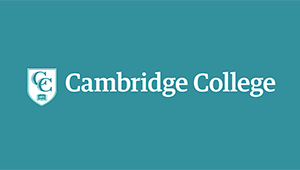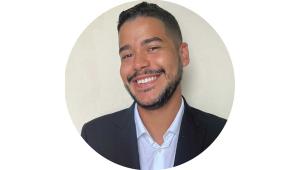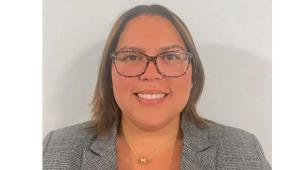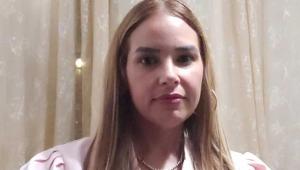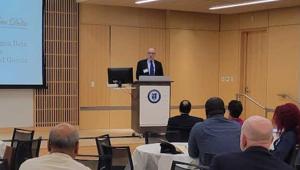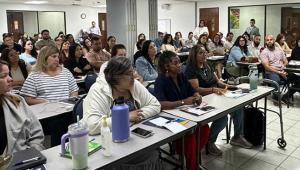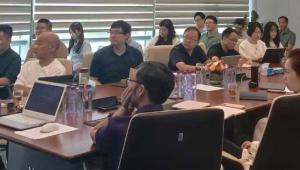Friday, October 3, 2025
Monday, September 15, 2025
Cambridge College Puerto Rico Student Appointed as Director of LEAP School
Monday, August 4, 2025
Cambridge College Alumna Appointed Director at Inter American University of Puerto Rico
Tuesday, June 17, 2025
Monday, June 2, 2025
Summer 2025 Kicks Off with a Joyful Start at Cambridge College Puerto Rico
Wednesday, October 23, 2024
The CC Online MBA for Chinese Students Offers New Ways to Advance


